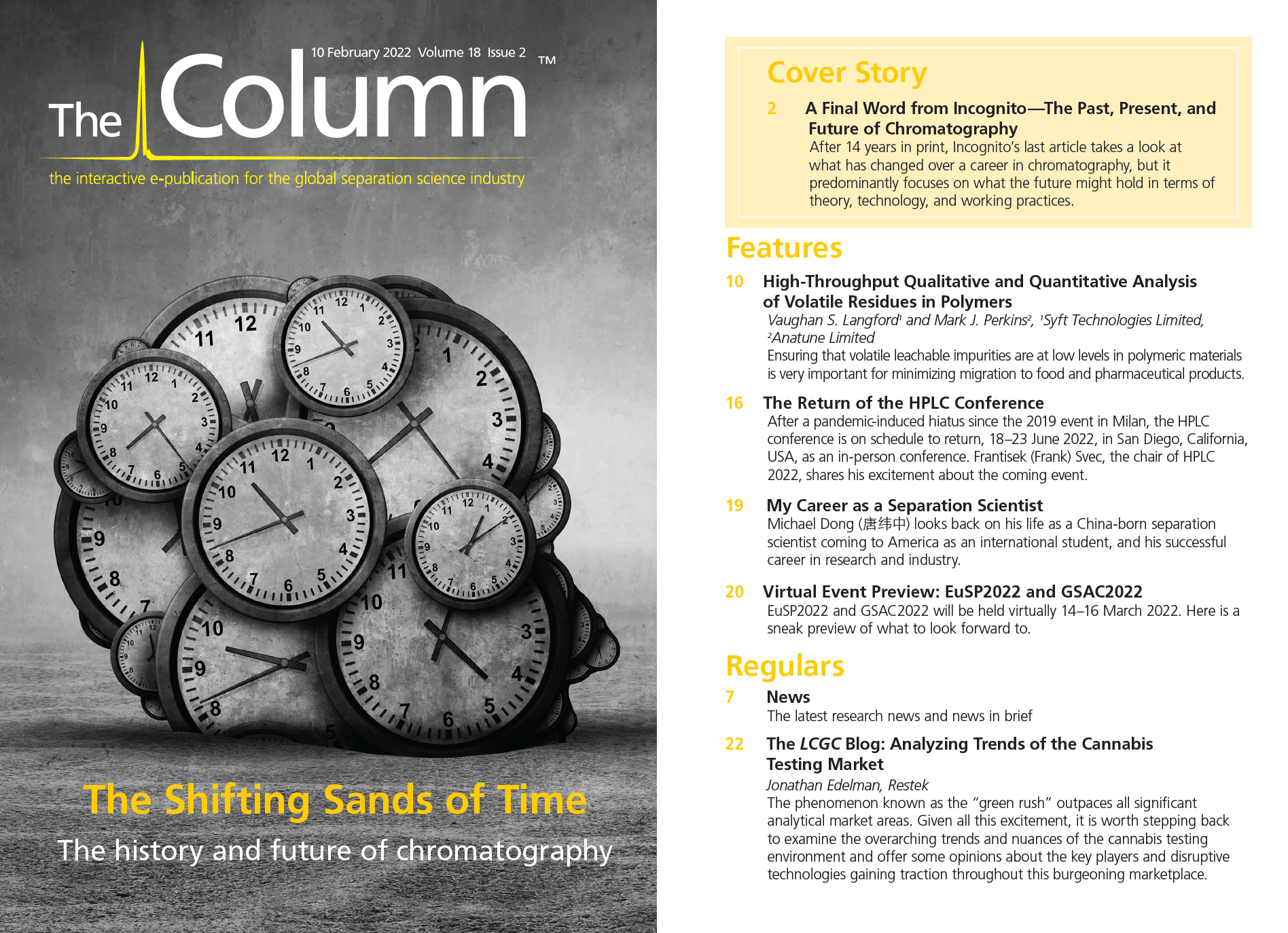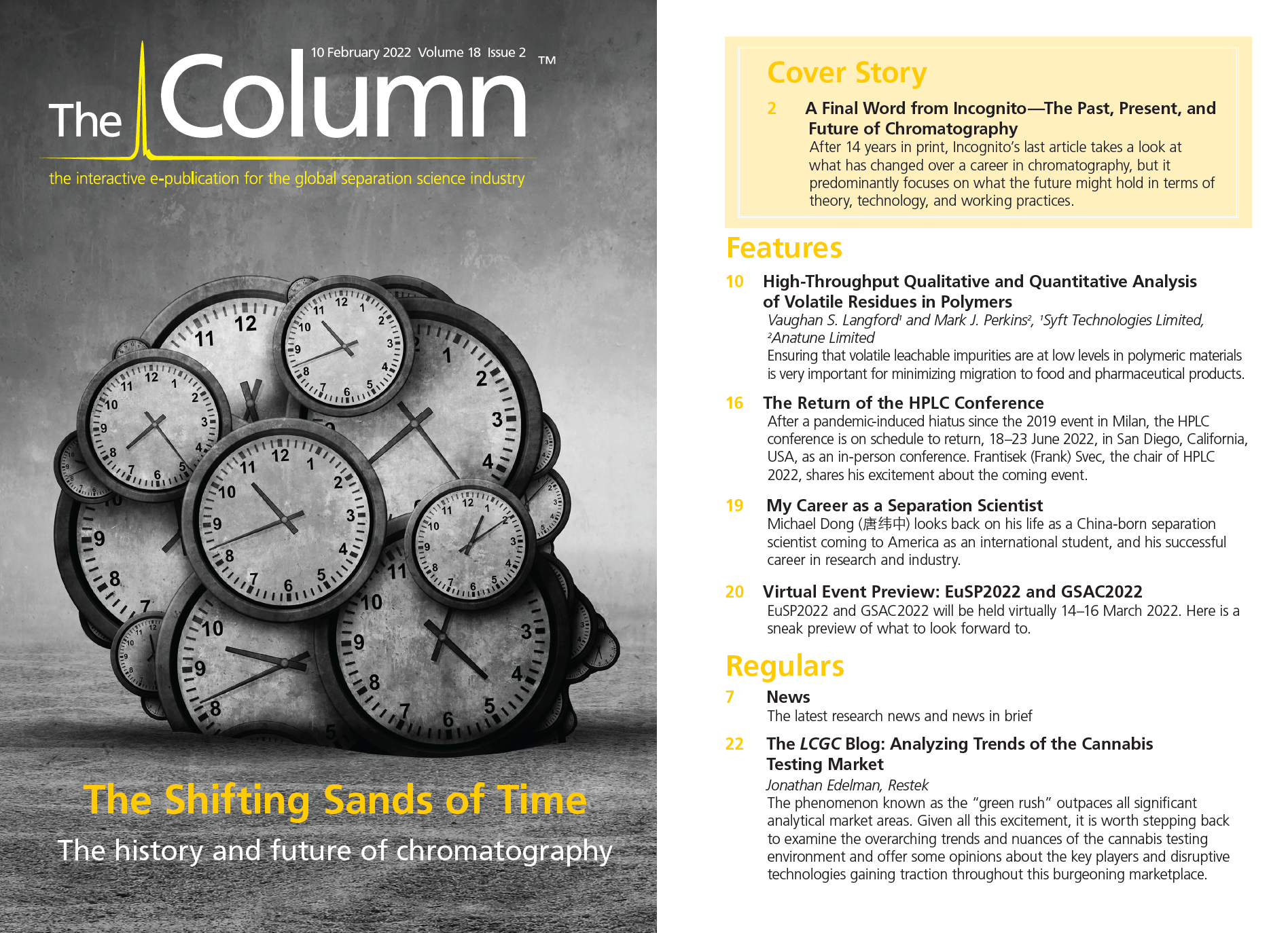Markes International Sponsors “Forget Me Knot” Charity Expedition
Markes International (Bridgend, UK) has sponsored a cross-Atlantic rowing expedition in support of Dementia UK Admiral Nurses. The “Forget Me Knot” crew will row almost 4000 miles of the Atlantic Ocean from Portugal to French Guiana, aiming to break two world records in the process—the first trio and the fastest boat to row from continental Europe to South America. However, their core mission is to raise over £100,000 in funding for Dementia UK Admiral Nurses.
Admiral Nurses work alongside people with dementia and their families, giving them one-to-one support, expert guidance, and practical solutions. Over 700,000 families in the UK care for people with dementia. The relentless demands of care commonly lead to depression and mental health problems, but few carers seek support. When things get challenging or difficult, Admiral Nurses provide expertise and invaluable experience for people with dementia and their families.
“Some of our teams have experienced first‑hand the physical and emotional ordeals of coping with dementia within their families,” commented Markes’ Managing Director, Tim Hawkins, adding: “During these Covid times when mental health has been so challenged, we felt that Forget Me Knot’s cause was one we wholeheartedly wanted to support.”
In June 2021, crew member and expedition organizer Johnnie Ball approached the company to see if it would be interested in supporting the cause.
“We wish Johnnie and his crew the very best of luck on their epic challenge. To say that they will have to work hard is somewhat of an understatement; they will certainly have to face extreme physical and mental challenges of their own in the coming days. In raising awareness of dementia, an often under-represented issue in society, perhaps they can help all those carers who also steadfastly put in so much hard work, day in and day out.”
If you would like to donate to the expedition please visit their GoFundMe page: https://www.gofundme.com/f/forget-me-knot-atlantic-row
For more information on Dementia UK Admiral Nurses, please visit: www.dementiauk.org/get-support/dementia-helpline-alzheimers-helpline
www.forgetmeknotcampaign.com

Understanding FDA Recommendations for N-Nitrosamine Impurity Levels
April 17th 2025We spoke with Josh Hoerner, general manager of Purisys, which specializes in a small volume custom synthesis and specialized controlled substance manufacturing, to gain his perspective on FDA’s recommendations for acceptable intake limits for N-nitrosamine impurities.
University of Rouen-Normandy Scientists Explore Eco-Friendly Sampling Approach for GC-HRMS
April 17th 2025Root exudates—substances secreted by living plant roots—are challenging to sample, as they are typically extracted using artificial devices and can vary widely in both quantity and composition across plant species.
Determining the Serum Proteomic Profile in Migraine Patients with LC–MS
April 17th 2025Researchers used liquid chromatography–mass spectrometry (LC–MS) in their proteomic analysis to compare the serum proteome of migraine patients with healthy controls and to identify differentially expressed proteins as potential migraine biomarkers.
















